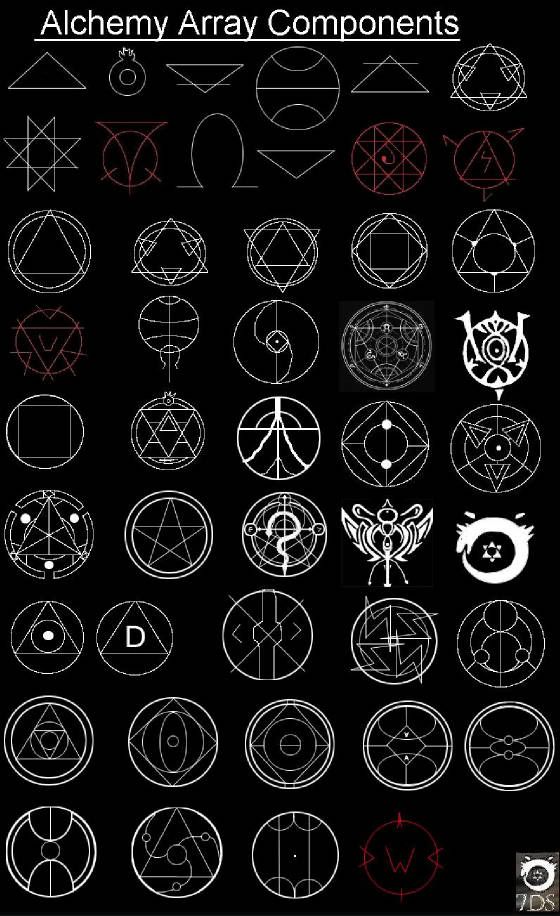This combination of ingredients is found in Christian exorcism rites practiced by the Catholic church, or more pointedly rites which would have been found in the Episcopalian tradition that Leland adopted during his time at Princeton:
“These four—water, wine, salt, and ashes—were the ingredients of the Exorcising Water to expel the enemy from a Church at its consecration ; the water symbolizing the outpouring of tears, and so penitence ; the wine, exultation of mind ; the salt, natural discretion or wisdom; and the ashes, the humility of penitence.”
– The symbolism of churches and church ornaments, Guillaume Durandus
And these three can also be equated in alchemical terms to Mercury (water), Sulphur, (wine) and Salt, which in the Paracelsian tradition are the three essential elements that form the basis of reality prior to the four elements of fire, water, earth and air. The rectification of these three also forms the basis of the Philosopher’s Stone. Leland was well acquainted with Paracelsus by the time he wrote Aradia, we find him discussing Gnosticism and Neo-Platonism at Princeton while still a student:
“When (Professor Dodd) asked me how it was that I had renegaded into Trinitarianism, I replied that it was due to reflection on the perfectly obvious and usual road of the Platonic hypostases eked out with Gnosticism. I had…learned…that ” it was a religious instinct of man to begin with a Trinity, in which I was much aided by Schelling, and that there was no trace of a Trinity in the Bible, or rather the contrary, yet that it ought consistently to have been there…For man or God consists of the Monad from which developed spirit or intellect and soul; for toto enim in mundo Ivcet Trias cujus Monas est princeps, as the creed of the Rosicrucians begins (which is taken from the Zoroastrian oracles)…and it is set forth on the face of every Egyptian temple as the ball, the wings of the spirit which rusheth into all worlds, and the serpent, which is the Logos.”
– Memoirs, Charles Leland
Here we see the core of Leland’s belief, “there was no trace…yet…it ought
 consistently to have been there.” Aradia is a classic work of Pastoral poetry, the work of an educated Romantic who longs for the Golden Age of Nature. Through the use of vox populi he takes the unrefined elements of folk culture and, in an alchemical moment of myth building, creates what “should be there.” He separates out the dross of true poverty and seeks the essence of hunger, desperation and wisdom that exists in the lives of the dispossessed.
consistently to have been there.” Aradia is a classic work of Pastoral poetry, the work of an educated Romantic who longs for the Golden Age of Nature. Through the use of vox populi he takes the unrefined elements of folk culture and, in an alchemical moment of myth building, creates what “should be there.” He separates out the dross of true poverty and seeks the essence of hunger, desperation and wisdom that exists in the lives of the dispossessed.Leland takes what the common people already know, but have no chance to define, and shows them a reflection of themselves. Reworking their traditions with the purpose of returning to them the freedom that they already have, while undermining the bonds of control that have been put on them by social conventions that laud ostentation while rejecting the simplicity of life. It is therefore no surprise that Aradia has had a foundational affect on contemporary witchcraft, that was the very purpose of the book.
Margherita Taluti’s information alone could not complete his vision, but it provided the ground and reality from which he could perfect the Work. It contained the Prima Materia missing from his own experience and provided the Key. Leland’s practice is no different than Ovid, Homer, Chaucer, Boccacio, Shakespeare, or any of the great Traditional Poets who took the popular mythologies and legends of their time and re-veiled them.
As he remarked to one of his fellow folklorists, “I am proud to be a first pointer-out – just as I am of having been acknowledge to be the first discoverer of Shelta…also of Italian-Latin witch lore and mythology, which latter has not as yet been credited to me, but will be some day.”
Through an alchemical invocation of the popular voice Charles Leland created a vision for the dispossessed to lay claim to. His ‘gospel of the witches‘ was the ‘good news‘ of the free spirit, the reclamation of the Edenic purity of Humanity that “shall dance, sing, make music, and then love in the darkness.” It is the message to the establishment that “the true God the Father is not yours; for I have come to sweet away the bad, the men of evil, all will I destroy!” It’s a mark of success that Leland’s work has been reviled by the Academy, he wasn’t writing it for them, he was writing it for the People.
Note: The folks at Red Wheel/Weiser were kind enough to provide a copy of Charles Leland’s Aradia, Gospel of the Witches for research and review. Check out Bob Freeman’s review of Aradia and Freeman Presson’s review as well.
.


No comments:
Post a Comment